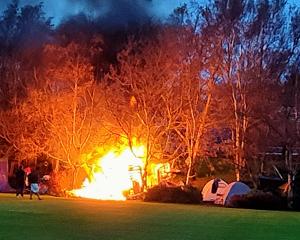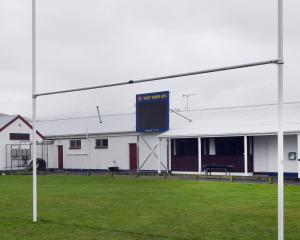
Mainland Aviation College manager John Penno confirmed an Indian trainee was flying a Cessna 152 from Dunedin to Queenstown as part of a solo cross-country navigation exercise when he "became lost".
"We were watching him, he was heading towards Queenstown and then turned 45 degrees to the left and began heading for Roxburgh.
"He was beginning to get a bit worried."
Tracking the pilot via an onboard global positioning system, made by Dunedin company TracPlus Global, flying school instructors were able to give the trainee pilot directions via a cellphone on how to get to Queenstown.
But when the student became lost again, the instructors were able to guide him back to Dunedin with the help of the GPS system, Mr Penno said.
"[It] allowed us to avoid a tragic outcome in this situation. With no radar coverage south of Canterbury, the ability to see where our aircraft are, wherever they are, as in this case, is a live-saver."
After a two-hour trip, the pilot was guided back to Dunedin "safe and well", he said.
"No-one gave him any cheek when he came back, because you never know when something like this happens to you."
While pilots losing their bearings "doesn't happen very often", it was reassuring for trainees to know instructors were available to help them in times of need, he said.
Speaking from Washington DC, TracPlus Global Ltd chief executive Chris Hinch said it was pleasing the technology, which had been adopted by other flight schools, was "doing what it was designed to do".












